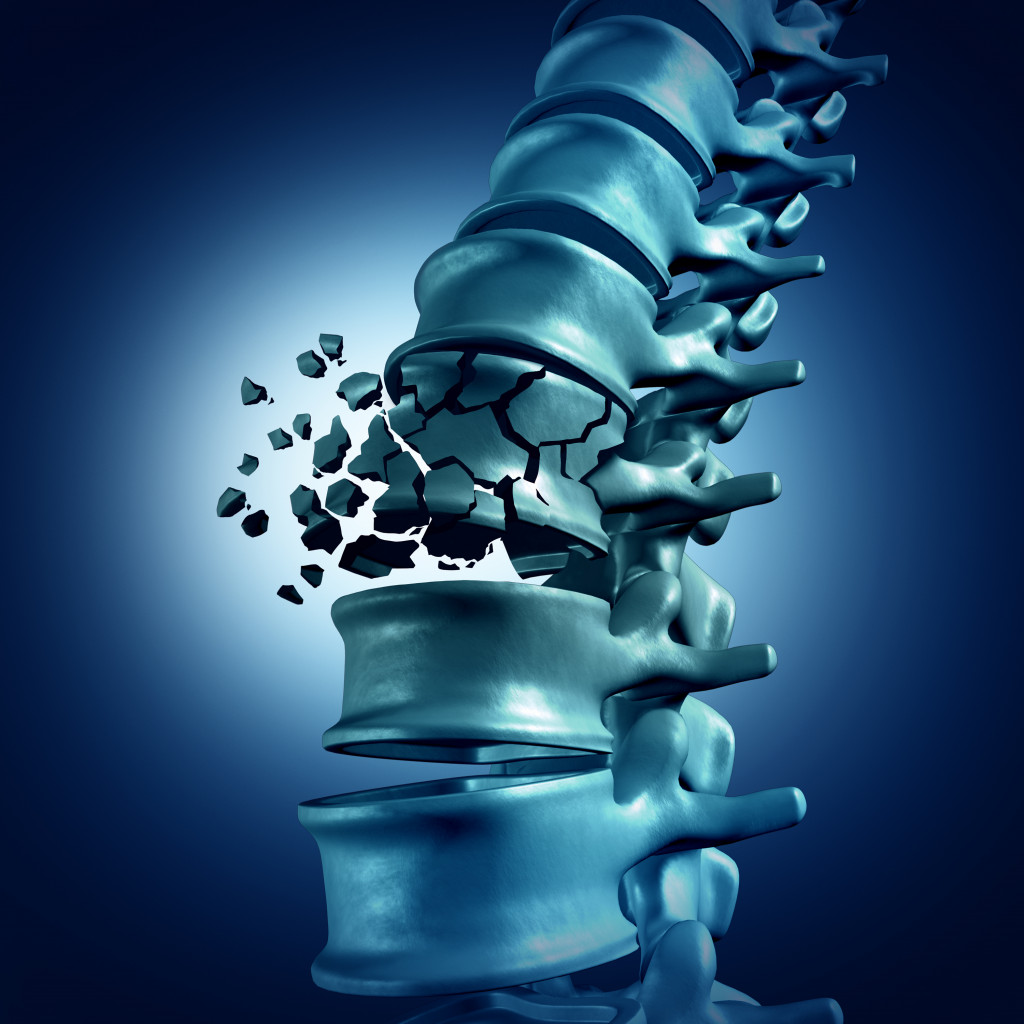- Osteoporosis is when the bones weaken and are more prone to breaking. It often shows no symptoms until a fracture occurs.
- Fractures, back pain, limited mobility, financial costs, and emotional impact are some ways osteoporosis can affect life.
- Light-intensity exercises, adequate nutrition, osteoporosis medication, and vitamin D and calcium supplements can help treat and prevent the disease.
- With the proper treatment, lifestyle changes, and support system, those with osteoporosis can live an active life.
Osteoporosis is known as the ‘silent thief’ because it progresses over the years without any symptoms until a bone breaks. Often, there are no apparent signs of the disease, but there are symptoms that can affect everyone at risk. Here’s at the ways osteoporosis can affect your life and give advice on minimizing the disease’s effects.
What is Osteoporosis?
First, you need to know precisely what osteoporosis is. Osteoporosis is a condition in which the bones become weaker and more likely to break due to loss of bone density. It’s often called a “silent disease” because it may have no symptoms until a fracture occurs. This can happen from a minor fall or everyday activities that wouldn’t cause harm. After that, the patient may feel pain or notice a change in posture.
How Can Osteoporosis Affect Your Life?
Osteoporosis can affect your life in various ways. Here are some of those ways:
Fractures
One of the most common ways osteoporosis can affect your life is through fractures. This is where the bones become weaker, making them more likely to break. These fractures can be very painful and affect mobility and quality of life. If you already have osteoporosis, you are at a greater risk of broken bones, which can happen from something as simple as a bump or fall. It’s essential to be aware of the risk and to protect your bones.

Back Pain
Back pain can also be a sign of osteoporosis. If you have constant lower back pain that is not related to any injury or exercise, it may be a sign of a spinal fracture. These fractures can cause pain, deformity, and compression of the nerves in the spinal cord, which can affect your balance, mobility, and quality of life.
Limited Mobility
Osteoporosis can make it challenging to move around, affecting your independence and overall well-being. You may find that you are not as strong as you used to be or that you tire easily. This can make it harder to do things you enjoy, such as gardening, walking, or playing with your grandchildren. It’s essential to maintain an active lifestyle as much as possible, as this can help to reduce the risk of falls, improve your strength, and keep your bones healthy.
Financial Costs
Osteoporosis can be expensive, with medication, appointments, and treatment adding up. Moreover, broken bones and fractures can lead to hospitalization, surgery, and other medical expenses. Be sure your healthcare provider has carefully weighed the benefit of osteoporosis medication against the risks.
Emotional Impact
Finally, the emotional impact of osteoporosis cannot be overemphasized. It is a chronic disease that requires constant attention and management. This can cause anxiety, depression, and other emotional issues for those who suffer from the disease. It’s essential to have a robust support system in place, which can include family, friends, support groups, and healthcare professionals. This can help to give you the emotional support you need to manage the disease effectively.
Treating and Preventing Osteoporosis
Osteoporosis is a serious and progressive disease, but there are ways to treat and prevent it. Here are some of those ways:
Light-Intensity Exercises
Doing the right amount of exercise and the right kind can help treat and prevent osteoporosis in the future. One of the best light to medium-intensity exercises for you is Tai Chi. It’s a low-impact exercise that can increase flexibility and improve balance, which can help protect your bones. You can take online Tai Chi classes if you don’t want to leave the comfort of your home. This way, you can learn the basics of this exercise and still get some physical activity.

Adequate Nutrition
Nutrition is essential in maintaining strong bones, as it gives your body the vitamins and minerals necessary to keep them healthy. A nutrient-rich diet with plenty of fresh fruits, vegetables, proteins, and calcium is key for bone health.
Osteoporosis Medication
Your doctor may prescribe medications to help treat and even prevent osteoporosis. Bisphosphonates, hormone therapy, and denosumab are all examples of these drugs. It’s important to discuss any side effects you experience with your healthcare provider so they can adjust the treatment plan accordingly.
Vitamin D and Calcium Supplements
Vitamin D helps absorb calcium, which is essential for maintaining healthy bones. Your doctor may recommend taking a daily vitamin D supplement to ensure you get enough of this nutrient in your diet. Additionally, if your diet doesn’t provide enough calcium, it’s important to take supplemental calcium to help protect your bones.
Osteoporosis is a severe and debilitating condition, but there are ways to prevent it, minimize its effects, and manage the symptoms. By following your doctor’s advice, increasing your physical activity, and taking medications as needed, you can help protect your bones. Living with osteoporosis doesn’t have to be a burden. With the proper treatment, lifestyle changes, and support system, you can live an active life with this condition.
